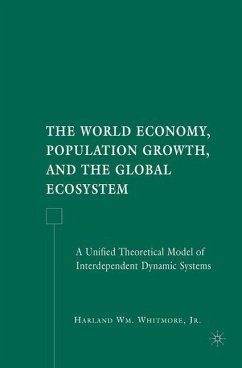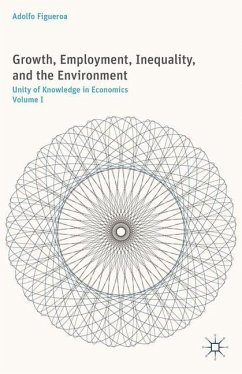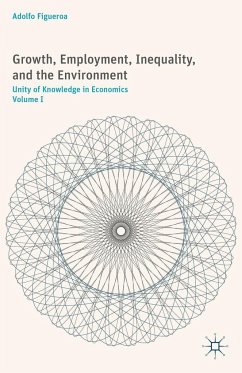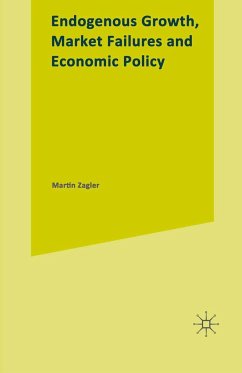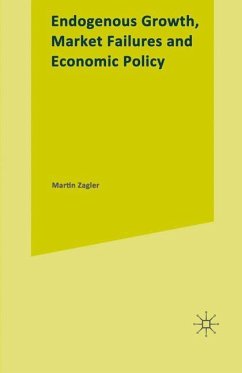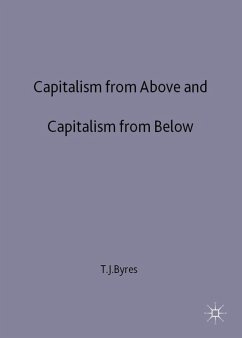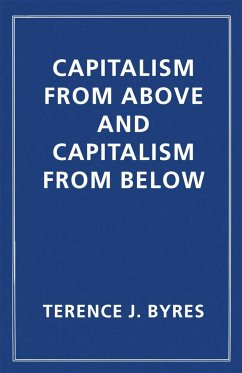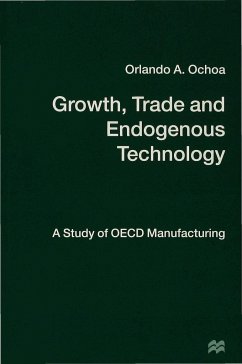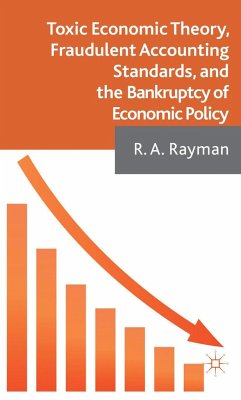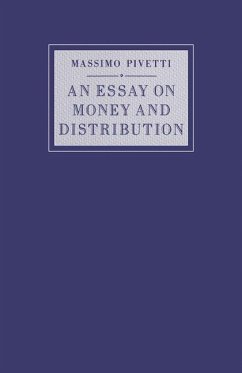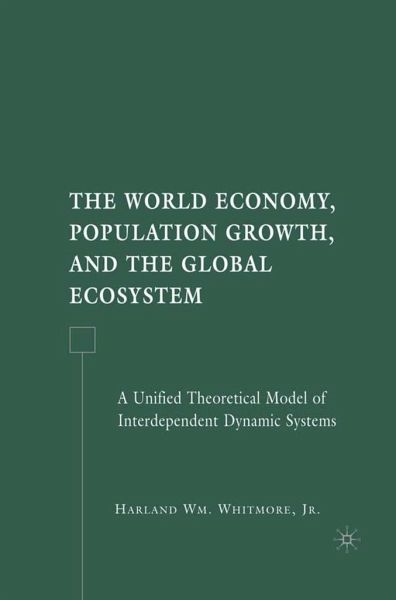
The World Economy, Population Growth, and the Global Ecosystem
A Unified Theoretical Model of Interdependent Dynamic Systems
Versandkostenfrei!
Versandfertig in 6-10 Tagen
76,99 €
inkl. MwSt.
Weitere Ausgaben:

PAYBACK Punkte
38 °P sammeln!
The purpose of this study is to better understand the essential interdependencies between the world economy and the global ecosystem, including human populations. World production, product prices, wages, interest rates, exchange rates, employment, and spending are shown to be mutually determined over time with the growth rates of country-specific renewable resources, the generation of waste, human population growth, waste assimilation by the basic fungible resource, and the sanitation and other health and human services provided by the government sectors. Particular attention is paid to altern...
The purpose of this study is to better understand the essential interdependencies between the world economy and the global ecosystem, including human populations. World production, product prices, wages, interest rates, exchange rates, employment, and spending are shown to be mutually determined over time with the growth rates of country-specific renewable resources, the generation of waste, human population growth, waste assimilation by the basic fungible resource, and the sanitation and other health and human services provided by the government sectors. Particular attention is paid to alternative central bank policies and their potential effects upon future mixes of resources in world production and upon the level and composition of that production. Materials balance holds with respect to all production and consumption. Cash flow constraints hold with respect to all economic transactions; in particular, the decisions to save and invest are directly linked to financial market decisions.



